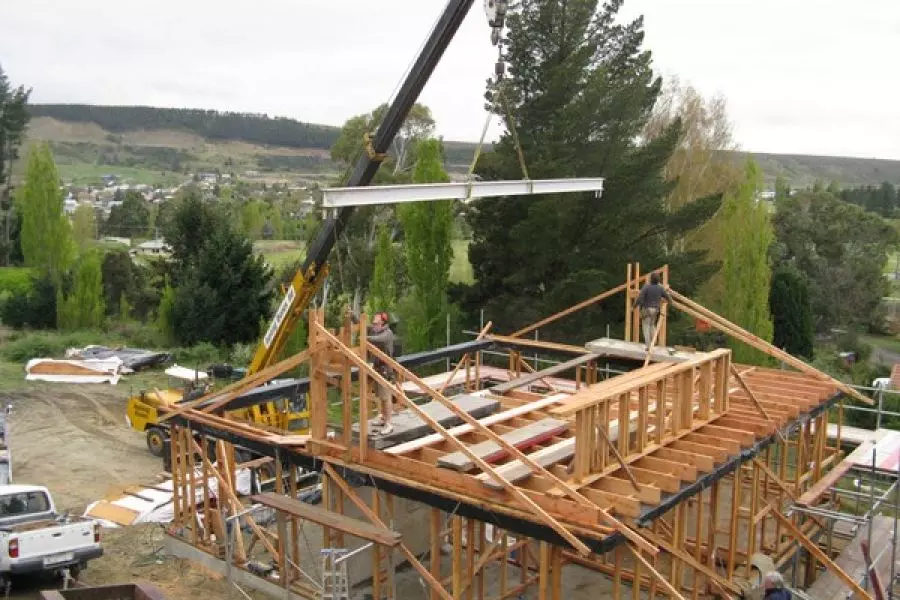
News
New homes under threat from overstretched construction sector

Wednesday 12th of May 2021
Resources are short in the construction sector, putting the quality of new homes at risk.
Yet demand for new builds has soared and is soaring again as investors are incentivised to shift away from existing houses.
Independent economist Tony Alexander says throw in increasing government and council efforts to get more and more houses built and there is a problem that will crop up...
Want to read the full article?
Click the button below to subscribe and will have unlimited access to full article and all other articles on the site.





![[The Wrap] Bye Bye Bayly](https://goodreturns.publit.io/file/c_fill,w_900,h_600/39f23ac1-f7c7-4854-b700-a150004ebbac.webp)


